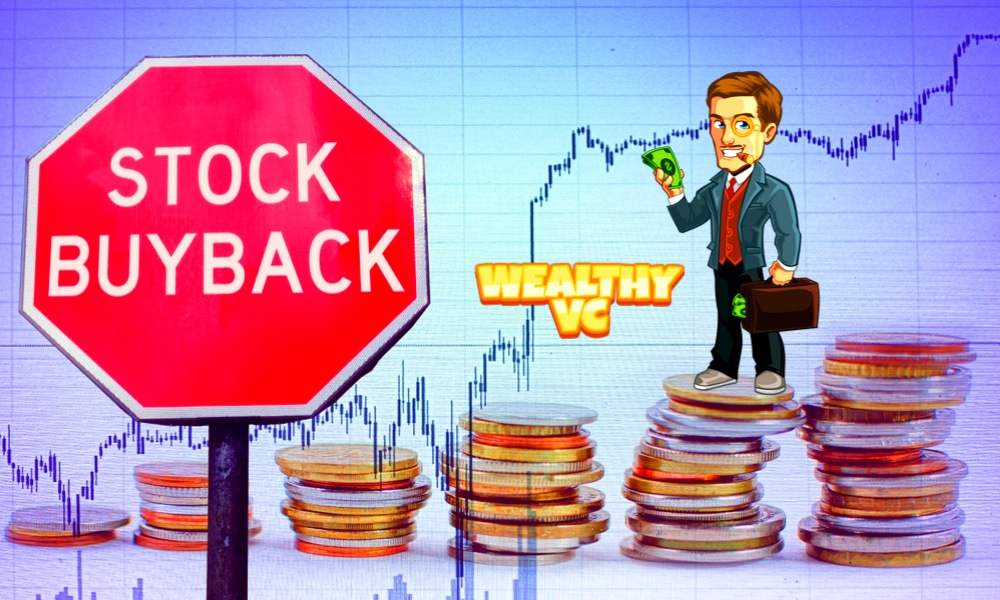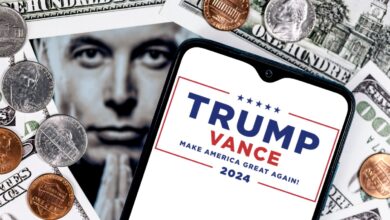Why Stock Buybacks Have Skyrocketed in 2023 Despite New Excise Tax (Video)

To put the situation in context, an excise tax is an indirect tax on listed items. Excise taxes are made by federal, state, and local governments and are not uniform throughout the United States.
Announcements of buybacks this year have doubled from the previous year, according to TrimTabs Investment Research. Chevron (NYSE: CVX) announced a $75 billion buyback program over the coming years, with other massive companies such as ExxonMobil (NYSE: XOM), Meta Platforms (NASDAQ: META), and United Parcel Service (NYSE: UPS) also making moves.
Per Investopedia:
A company might repurchase its outstanding shares to reduce the number of shares available on the market, thus increasing its earnings per share (EPS). Improved EPS can boost a company’s stock price and financial performance.
Source: Yahoo Finance YouTube

Stock buybacks have indeed increased in recent weeks since Washington began taxing them. In response to the tax on buybacks, many companies have accelerated their buyback programs to avoid paying the tax. This has led to a surge in the volume of buybacks as companies rush to complete their purchases before the tax takes effect.
However, it’s worth noting that the tax on buybacks is still in the early stages of implementation. Its ultimate impact on the stock market and companies’ financial performance remains to be seen. Some experts believe that the tax could reduce the amount of money available for investment in research and development, hiring, and other initiatives that drive economic growth. In contrast, others believe it could help to level the playing field for smaller companies and reduce income inequality.
Overall, the impact of the tax on stock buybacks is complex and multifaceted, and it will likely take time to understand its implications fully. What are your thoughts on the surging stock buybacks in the weeks since Washington began taxing them? Tweet us at @WealthyVC to join the conversation.
Read More:

Follow Wealthy VC on Social Media: Facebook | Instagram | Twitter | LinkedIn | GETTR | Tumblr
????Join the Discussion in the Wealthy VC Investor Group
????Have a Stock Tip or New Story Suggestion? Email us at Invest@WealthyVC.com




